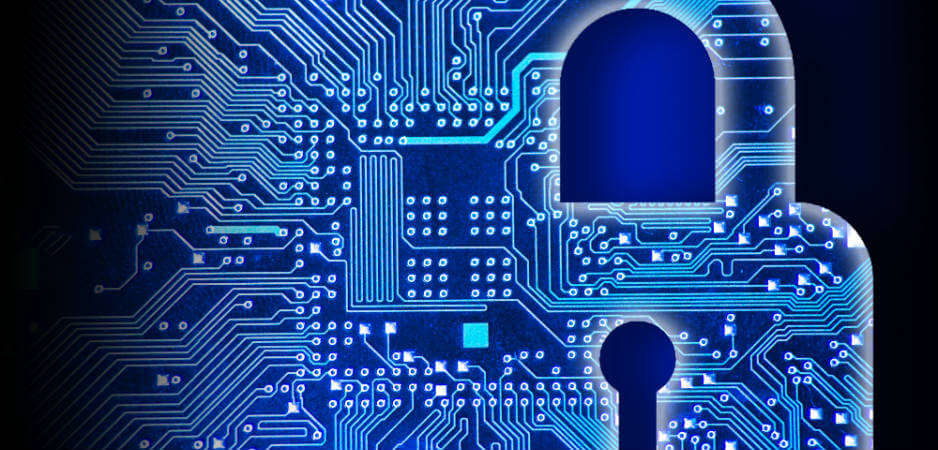As the past year demonstrated, cyber has the growing potential to be an effective and dangerously destabilizing foreign policy tool.
Bolstering cybersecurity will continue to be an issue of increasing importance for the United States in the coming years. Malicious activity in the cyber realm throughout 2016 amply demonstrated the vulnerability of both the public and private sectors to attacks. Considering this susceptibility, President Donald Trump has signaled that strengthening cyber defenses will be an early priority for his administration.
However, policy focused on domestic protection alone will not be enough to soundly address this threat. The Trump administration will need to marry smart domestic policy to an active foreign policy aimed at deterring hacking. President Trump should not strike a conciliatory tone with international actors engaged in malicious cyber activity, especially those targeting the US and its partners and allies.
The United States and its allies are likely to spend the next four years contending with a number of foreign cyber challenges, including Russian influence operations, Iranian subterfuge and Chinese economic espionage. Reluctance to call out and respond to cyberattacks—through sanctions, diplomatic engagement or counter-cyber actions—will only serve to embolden perpetrators. The US can help to develop a successful cyber strategy in the international arena by shaping norms, building up and sustaining cyber alliances and partnerships, and targeting the sources of hacking.
First Steps
The administration’s first steps, however, have been troubled. Trump walked back on signing an executive order that was intended to bolster domestic cybersecurity, casting uncertainty on the White House’s particular policy solutions surrounding this issue. A recent House of Representatives hearing on the matter, characterized more by partisan theatrics and finger-pointing than substantive policy discussion, likewise offered little confidence regarding forward progress toward strengthened cybersecurity.
President Trump’s tepid response to Russian hacking in the US presidential election is equally concerning. Meanwhile, Russia is preparing for another electoral interference campaign across Europe. Such campaigns threaten US interests and alliances by spreading misinformation that seeks to buoy candidates and positions favorable to Russian interests. Russia’s cyber doctrine and capabilities are refined and fortified, which makes the threat it presents far more profound and difficult to counter.
Likewise, the Trump administration’s “America First” rhetoric and antipathy toward traditional alliances, particularly the North Atlantic Treaty Organization (NATO), suggests that the United States will play a less active role in maintaining the current international order. If the US backs away from defending its overseas interests, other actors may seek to use hacking as an element of their foreign policy “toolbox” to advance their own interests. Reduced fears of US reprisal will incentivize revisionist actors to conduct malicious cyber activities within their geopolitical backyards, particularly Russia as it seeks to expand its hegemonic stature.
In the Right Direction
Despite these challenges and early missteps, there are clear measures the United States can take to confront cyber threats. President Trump should leverage international relationships and ensure that cybersecurity has a prominent place in his foreign policy framework in order to successfully counter foreign cyber aggression.
To that end, the Trump administration can engage with Russia on matters of cybersecurity in its broader effort to foster stronger relations with the country. Taking a hardline stance against hacking, as well as incentivizing political noninterference through cyber means, would be a step in the right direction. Adherence to agreed-upon cyber norms and best practices should be made a major tenet of future deals and negotiations and could serve as a bargaining tactic for the president when dealing with Russia, China or other states active in the cyber environment.
Trump should also develop closer cyber relationships with US partners, for example, through information sharing and confidence and capability building. US allies are already looking to shore up their cyber defenses through increased funding, and the United States should leverage the expanding cybersecurity and counter-cyber capabilities in other NATO states. Sustained communication, cooperation, and the establishment of mutual norms and practices will be a substantial step toward preempting and defending against attacks.
The risks borne from continued hacks and malicious cyber activity are too significant to ignore. In the absence of an international effort to shore up cyber protection and target the sources of hacking, states have incentive to employ cyber subterfuge, interference campaigns and other malicious uses of the cyber environment to advance their geopolitical interests.
As the past year demonstrated, cyber has the growing potential to be an effective and dangerously destabilizing foreign policy tool. It is important that President Trump demonstrates that his administration is up to the task of tackling this growing cyber threat—and quickly.
*[Young Professionals in Foreign Policy is a partner institution of Fair Observer.]
The views expressed in this article are the author’s own and do not necessarily reflect Fair Observer’s editorial policy.
Photo Credit: Kirill_Savenko
Support Fair Observer
We rely on your support for our independence, diversity and quality.
For more than 10 years, Fair Observer has been free, fair and independent. No billionaire owns us, no advertisers control us. We are a reader-supported nonprofit. Unlike many other publications, we keep our content free for readers regardless of where they live or whether they can afford to pay. We have no paywalls and no ads.
In the post-truth era of fake news, echo chambers and filter bubbles, we publish a plurality of perspectives from around the world. Anyone can publish with us, but everyone goes through a rigorous editorial process. So, you get fact-checked, well-reasoned content instead of noise.
We publish 2,500+ voices from 90+ countries. We also conduct education and training programs
on subjects ranging from digital media and journalism to writing and critical thinking. This
doesn’t come cheap. Servers, editors, trainers and web developers cost
money.
Please consider supporting us on a regular basis as a recurring donor or a
sustaining member.
Will you support FO’s journalism?
We rely on your support for our independence, diversity and quality.







